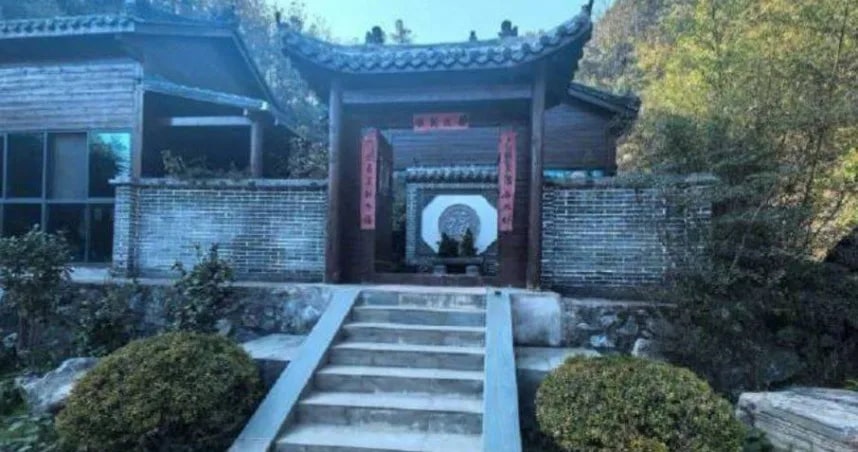Hubei clinic investigated for promising to cure cancer with traditional Chinese medicine
At least 15 people have died after turning to the facility, the authorities report. The clinic's founder, Wu Pengfei, promoted his treatment online and prescribed medicines containing toxic herbs to patients.
Singapore (AsiaNews/Agencies) – An investigation is underway in connection with the death of 15 patients who sought treatment at a clinic specialising in traditional Chinese medicine in Hubei, a province in central China.
The founder of the clinic, Wu Pengfei, said that he could use traditional Chinese medicine to treat tumours, a claim that spread online.
An article published in the Beijing News newspaper explained that more than 390 patients visited the clinic between 18 April and 31 May, a period during which the facility was open. Some 15 patients died and another 20 fell seriously in that time span.
So far, Wu Pengfei has been fined 417,000 yuan (over US$ 57,000) for "illegal acts", like using non-medical personnel in medical practices and failing to keep records of medicine purchases and prescriptions.
In an online promotional video, Hou Yuanxiang, a colleague of Wu's, said the latter possessed "unique medical skills" and was the "first person in China to treat cancer using traditional Chinese medicine.”
Wu, who was convicted of producing and selling counterfeit drugs, is currently facing fresh charges related to drug management violations.
In other promotional videos, he claimed that 3,000 patients had been cured of cancer thanks to his practices, and that the clinic enjoyed a success rate of more than 80 per cent.
Wang Xiaoying told Beijing News that her brother, Xiaobo, had turned to the clinic after he was diagnosed with liver cancer in February. The family had heard about the clinic thanks to an online account that promoted its services.
After paying 18,620 yuan, Xiaobo underwent a moxibustion treatment for seven days, during which an herb called moxa was burnt on or near the surface of the skin.
Following a consultation of just five minutes, he was also prescribed a drug, his sister said; however, this did not prove effective. After two weeks of treatment, her brother lost five kilos. Hospitalised for ascites (a buildup of fluid in the abdomen), Xiaobo died a month later.
A doctor who worked at the clinic and whose name is not reported by Beijing News said that Chinese aconite, a toxic root, was used in the preparation of the medicines.
The news sparked outrage among some Chinese netizens. Some pointed to the founder’s arrogance, for calling his clinic Yaowang Valley, which means "medicine king valley”, while others were wary about anyone who offered "secret medicines passed down for generations".
On Monday, Chinese authorities announced “comprehensive investigations" into the clinic's activities.
Officials also thanked netizens for putting the spotlight on the case, promising to release the results of the investigation “in a timely fashion”.
13/08/2008







.png)










